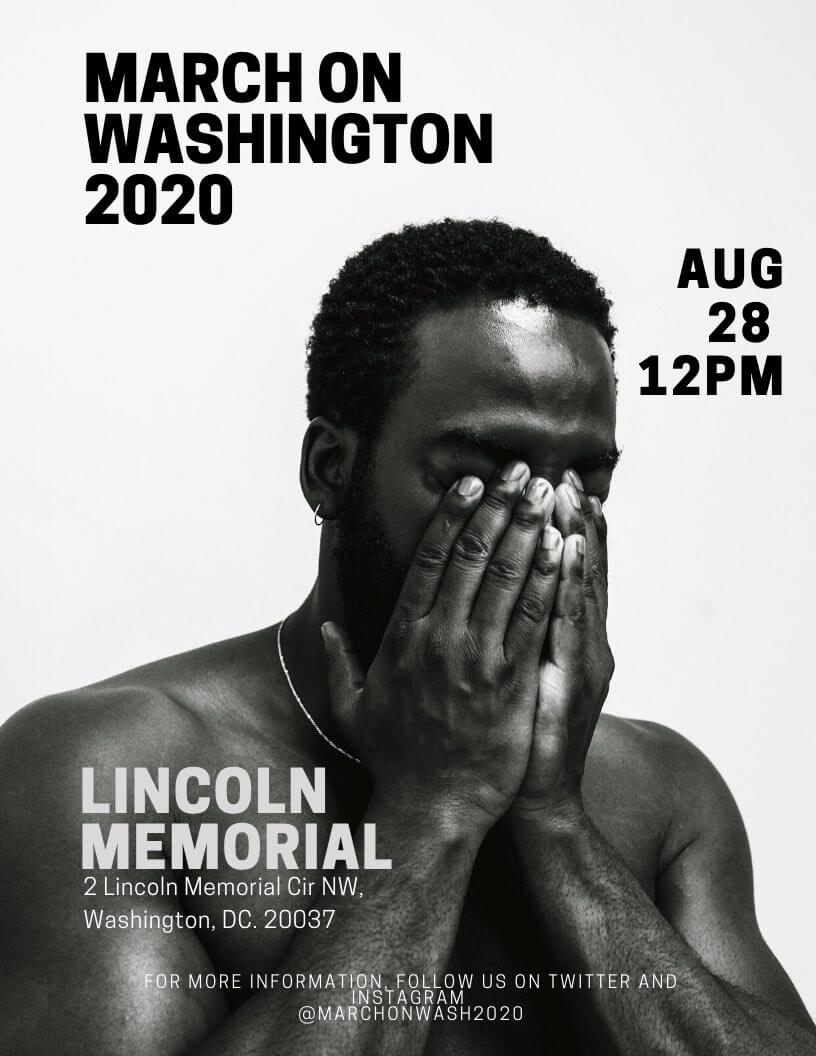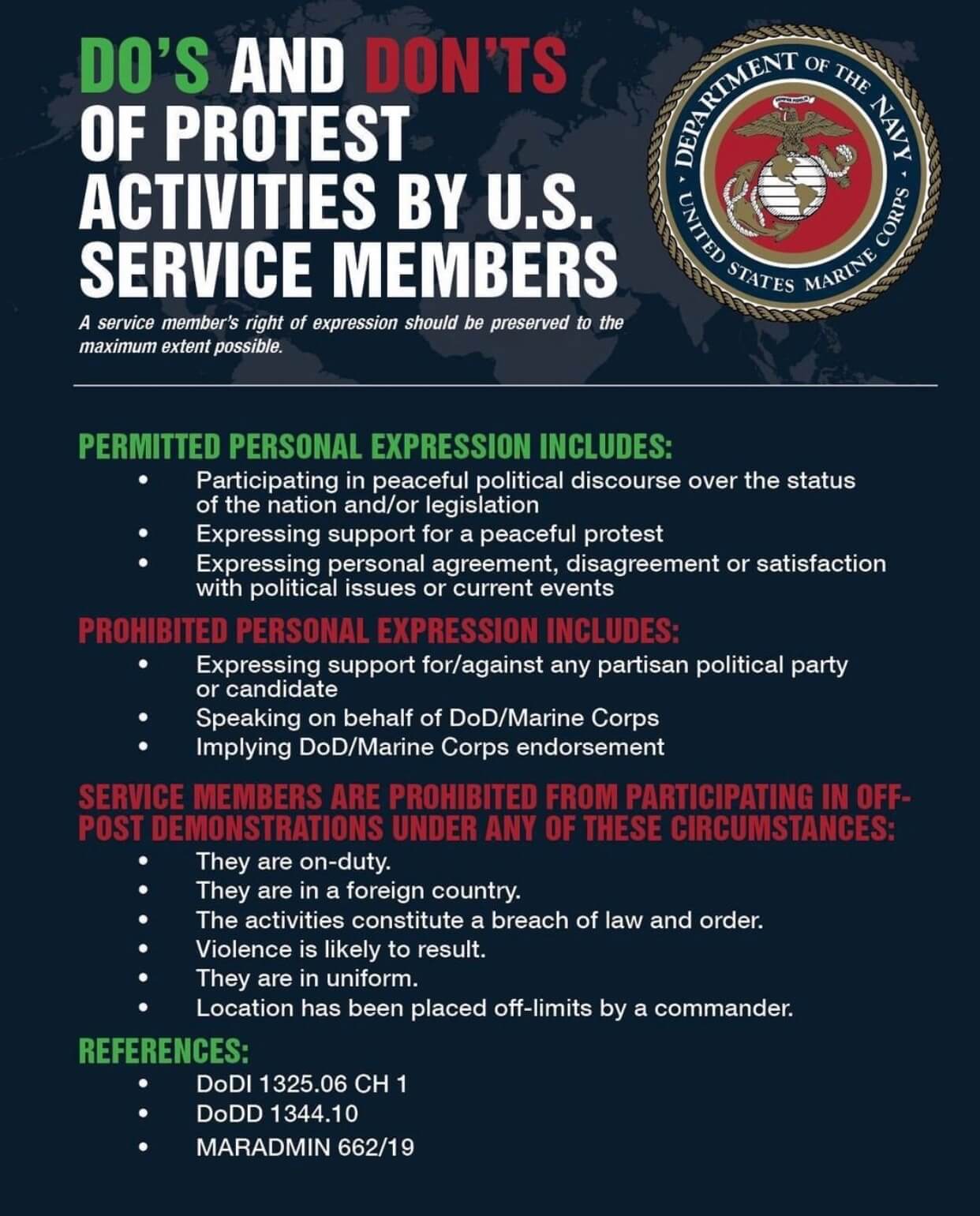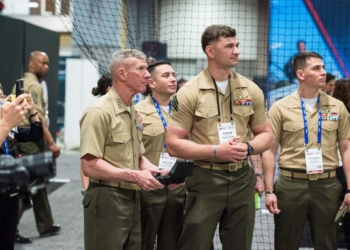As a young Marine, Tee Marie Hanible returned to the barracks she shared with another Black woman and an Asian American woman.
A message of hate greeted her. The words “Go home,’’ followed by a racial slur, were written in red paint on the front door.
“There was no investigation,’’ Hanible said. “There were no apologies. There was simply, ‘Go to the S3 [officer] so they can get you some paint to remove it.’’’
The sense of injustice never has left Hanible, who retired in 2016 as a gunnery sergeant after almost two decades in uniform. Her mother instilled in her an activist’s spirit, which remains to this day.

Hanible, 42, is organizing the Veterans March on Washington, part of the larger March on Washington on Friday, Aug. 28, at the Lincoln Memorial. About 200 veterans were expected as of Tuesday afternoon, she said.
“For so long, [veterans] have been used as this political pawn between the parties or when it comes to agendas, social issues or economic issues,’’ Hanible said. “It’s very important as veterans, now that we can really voice how we feel, to come together as one.’’
Hanible never has been shy about standing up for her beliefs, even unpopular ones.
She started Vets for Kaepernick in 2016, not long after former San Francisco 49ers quarterback Colin Kaepernick began kneeling during the national anthem to protest racial injustice and police brutality. Some perceived Kaepernick’s protest as disrespecting the American flag, and Hanible said she received hate mail and decreased her use of social media because of trolls.
Related: Council gives Midshipmen outlet to talk race, voting
The reaction nationally to the role that police officers played in the deaths of George Floyd, a Black man, in Minneapolis and Breonna Taylor, a Black woman, in Louisville, Kentucky, feels different, Hanible said.
“The tides are turning a little bit,’’ she said.
Even if those tides are not turning as swiftly as Hanible, who was featured on the Fox reality competition series “American Grit’’ in 2016-17, would like.

“The Black Lives Matter statues and murals, that’s simply wonderful, but as far as the accountability, the police brutality, the training that needs to happen, that’s ultimately what we’re looking for,’’ Hanible said. “Yes, we’re appreciative of those things, but what we’re asking for is A, B, C and D. When can we get those things?’’
The March on Washington comes 57 years to the date after the first march, when Martin Luther King Jr. delivered his “I Have a Dream’’ speech in 1963. The issues have changed, but some common threads of struggle remain. The 2020 march is officially the “Get Off Our Necks’’ Commitment March on Washington — a reference to how Floyd died after a policeman knelt on his neck for almost nine minutes.
“It’s a cause that we need as many allies, as many people of color behind as possible,’’ said Hanible, the veterans coordinator of the 2017 Women’s March on Washington.







































